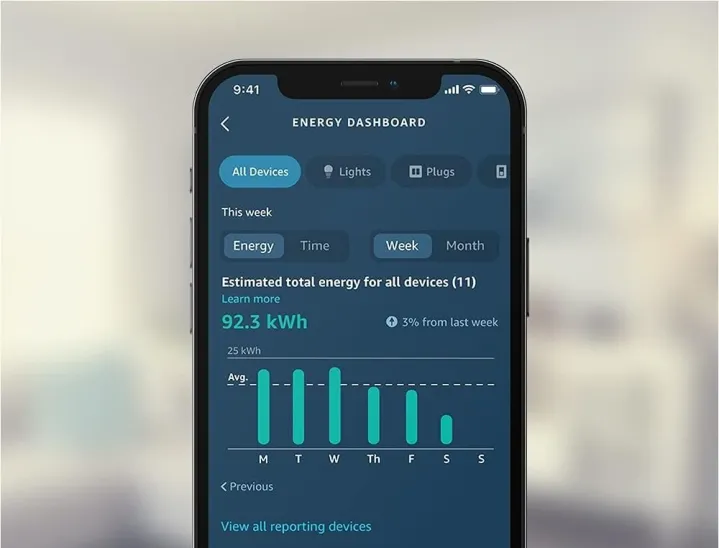The Amazon Smart Thermostat can be enrolled in a variety of Energy Savings Incentives Programs. These vary by location, but they essentially work to lower your energy bills by allowing the utility company to temporarily adjust your settings. This typically happens during peak hours or when the power grid is overloaded, allowing the utility company to reduce stress by manipulating your thermostat. Amazon says these events only happen a few times annually (commonly during the summer). Are the energy savings worth the inconvenience?
Here’s a quick look at the Energy Savings Incentives Programs offered on the Amazon Smart Thermostat and whether or not you should enroll.
What are Energy Savings Incentives Programs

Unfortunately, the specifics of each Energy Savings Incentives Program vary widely. Because of this, you’ll want to carefully read the description of what you’re signing up for before enrolling. Hopefully, they’ll be upfront about how much you’ll be saving and what you can expect from your utility company.
You can find any eligible Energy Savings Incentives by opening the Devices menu in the Alexa app. From here, you can select your thermostat and then select Device Settings. In this menu, you’ll finally find an option for Energy Savings Incentives. You can only enroll in one of these per household, so be sure to read through all your options (if multiple incentives are available).
While the details vary by plan, they typically let the utility company override your setting during peak hours. It’s important to read the fine print, however, as you’ll want to verify that you can modify these settings if necessary. You’ll also want to see the temperature ranges they can adjust your home to — otherwise, you might come home to a thermostat that’s set well above your preferred range.
Should you enroll in the Energy Savings Program?
Because Energy Savings Programs vary dramatically, it’s impossible to say whether or not you should enroll in one. If you’re comfortable with the terms of the program and want to help reduce strain on the energy grid (and possibly save some money and earn rewards), then they’re certainly worth considering. But if you find them too rigid or prefer unrestricted control of your heating and cooling, you should steer clear of them.
This is especially true if you live somewhere with brutal summer weather, as this is typically when power grids are overloaded. And if the grid becomes overloaded, utility companies will begin manipulating the settings on enrolled thermostats to help ease the burden.
Alternatively, you can check out energy rebates – -which vary by region, but get you money back on your smart thermostat purchase. Be sure to check out the official Amazon page for more details on how to claim your rebate, as it will vary by location. Unlike Incentive Programs, these are almost always worth cashing in on, as they usually carry no restrictions or limitations on your smart thermostat usage.

